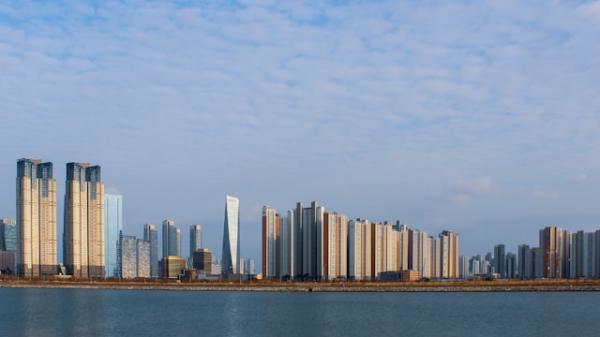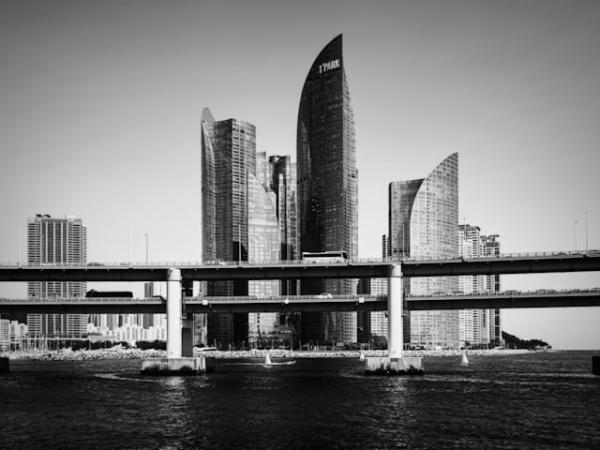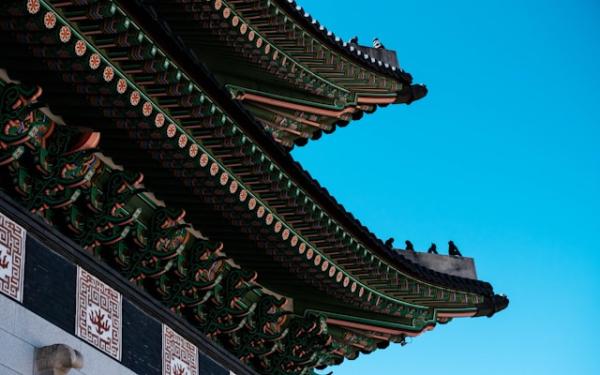Aquaculture Technologies of the Marshall Islands
P.O. Box 1766, 96960 Majuro, Ailinglaplap AtollAbout
Location :
Added by Jopie, at 18 June 2016
Opening Hours
- Monday 08:00 - 17:00
- Tuesday 08:00 - 17:00
- Wednesday 08:00 - 17:00
- Thursday 08:00 - 17:00
- Friday 08:00 - 17:00
- Saturday -
- Sunday -
Description
Growing moi fish, exporting moi fish, manufacturing fish feed
Add missing information
14 Reviews
-
17 May 2017
ATMI is now accepting applications for ACCOUNTING STAFF. Must have experience using Microsoft Word and Excel. Also accepting applications for OFFICE STAFF.
Applicants must submit a CV/resumé and fill out an application. Contact Aquaculture Technologies of the Marshall Islands, ground floor Rongelap City Hall during business hours.
report this review -
03 March 2017
At ATMI, teamwork gets the job done!
report this review -
03 February 2017
Jeramon new trainees! ATMI is curringly holding training for all aspects of operations; this includes hatchery/nursery training, feed mill training, and cage growout training. These photos show the cage trainees working with current cage staff to learn about aquaculture. ATMI would like to thank USAID’s Pacific-American Climate Fund (PACAM) for supporting our trainings.
report this review -
01 December 2016
ATMI divers on harvest day. We harvest weekly every Wednesday. Get your orders in by Tuesdays at 2:00!
Photo © USAID’s Pacific American Climate Fund / Matt Abbott
report this review -
24 November 2016
Everyone loves a field trip! Hatchery/Nursery Trainees visit the cage site where fingerlings go to grow. Wednesdays are ATMI harvest days so trainees also helped measure the fish harvested for data collection.
report this review -
21 November 2016
Training at ATMI is hands-on. Here the trainees clean cages and help with transferring of brood stock.
report this review -
10 November 2016
Today at the hatchery/nursery training the trainees worked with current staff to repair an oceanside intake pipe and to gather broodstock.
report this review -
08 November 2016
RMI women take a 160 hour training course about raising moi in the Ajeltake hatchery and nursery. A big kommol tata to USAID’s Pacific-American Climate Fund (PACAM) for supporting this training!
report this review -
08 August 2016
Almost always working... Ruth at the July 4th USA Independence Day celebration.
report this review -
02 July 2016
Hatchery manager Sonya Joel and USAID trainee Jackhead Francis checking the volumetric density and dissolved oxygen content of the tank water.
report this review -
25 June 2016
ATMI is now harvesting for its first export of commercially valuable fish known locally as moi (Polydactylus sexfilis). ATMI will export about 2,000 lbs of moi fish to Taiwan and supply a Chinese restaurant in Majuro 60 pounds of fish weekly. ATMI continues work to expand the local and international markets for moi fish. USAID’s Pacific-American Climate Fund (PACAM) is backing this initiative to expand sustainable fisheries and aquaculture development for communities in remot...e atolls in the Marshall Islands. In addition to growing and exporting moi fish, ATMI is also manufacturing fish feed to support the aquaculture sector, and training the local workforce to establish small aquaculture farms. Local officials describe this project as a "game changer" for economic advancement in a nation heavily dependent on donor aid. PACAM is helping Pacific Island communities improve their livelihoods and food security in the process of adapting to the negative impacts of climate change.
See Morereport this review -
25 June 2016
Commercially valuable fish grown in the open ocean cages in Majuro Lagoon
Following the successful experiment on hatching fish from on-shore nurseries to growing them in the open ocean cages, an additional 31,050 fingerlings of commercially valuable fish, known locally as moi (Polydactylus sexfilis), were transferred recently to larger “homes” in the Majuro Atoll lagoon.
report this review -
25 June 2016
Sharon Gullick, USAID Environmental Officer and Lara Studzinski, PACAM Micronesia Regional Fund Manager visited the Aquaculture Technologies of the Marshall Islands (ATMI) hatchery/nursery and feed mill in Majuro, Marshall Islands. ATMI has successfully hatched and grown commercially valuable fish, known locally as moi (Polydactylus sexfilis). The fish start off in an on-shore nursery/hatchery and then are released to the open ocean cages when they are two months old. ATMI feeds the larger moi local fish feed made from bycatch from commercial fishing vessels and cassava. The installation and use of the technology for the feed mill and open ocean cages is supported by a grant from USAID Pacific-American Climate Fund to ATMI to provide Marshallese with skills and tools to develop livelihoods and adapt to the impacts of climate change.
report this review -
25 June 2016
Photo © Greg Vaughn/VWPics/Newscom
report this review








